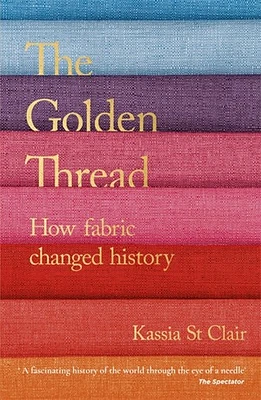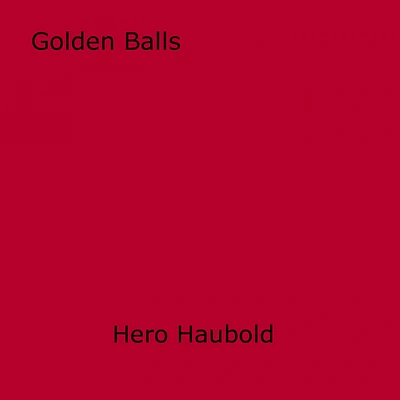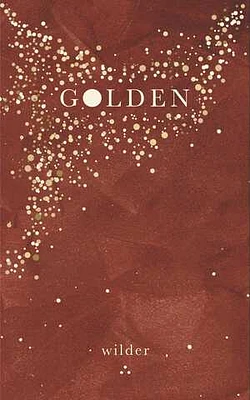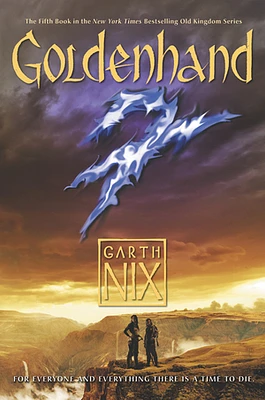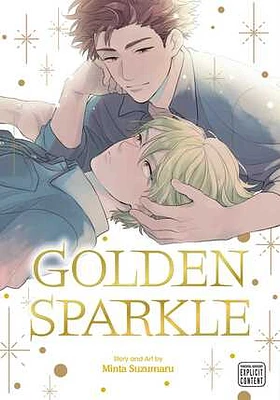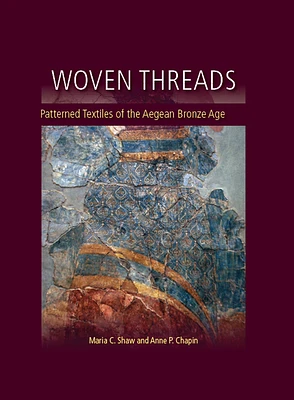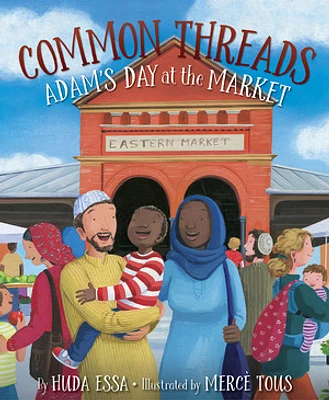Home
Golden Threads
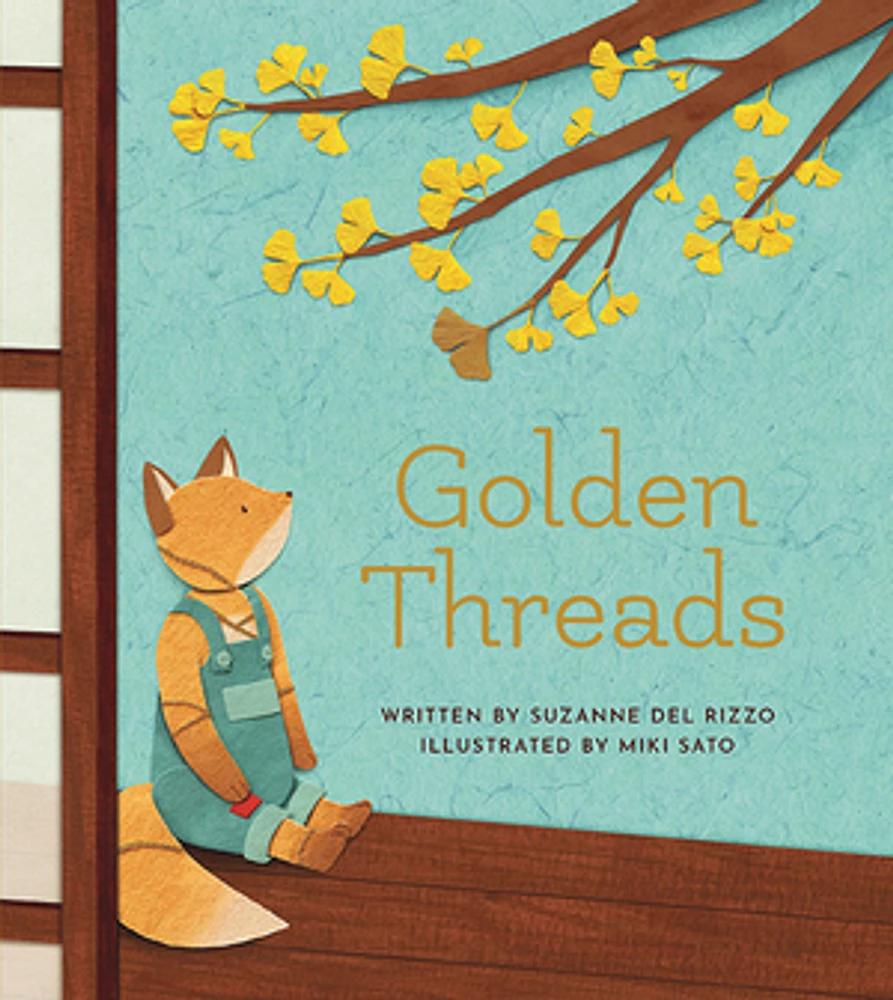
LIBRAIRIE CARCAJOU
Golden Threads
From Librairie Carcajou
Current price: $19.95
Loading Inventory...
*Product information may vary - to confirm product availability, pricing, shipping and return information please contact LIBRAIRIE CARCAJOU
New from New York Times Notable honoree Suzanne Del Rizzo, the critically acclaimed author of My Beautiful Birds and illustrator of Sun Dog
Inspired by the Japanese art form of kintsugi, or golden joinery, and the ancient philosophy of wabi-sabi, finding beauty in imperfect things. An author’s note explains more about these ideas
Mixed-media illustrations use fabric and golden threads
When a storm sweeps Emi’s beloved stuffed fox away from their mountain
home, he ends up tattered and alone on a distant shore. A kind old man
finds the fox and gives it to his granddaughter, Kiko. As she recovers
from an injury of her own, Kiko mends the fox lovingly with golden
thread.
As the seasons pass, Kiko cares for the fox as her own. But after discovering his origins, she sets out, with her grandfather’s help, to bring the fox back to its original home. Once together, Emi and Kiko piece together the fox’s journey and find delight in their newly forged connections.
Golden Threads is inspired by the Japanese art form of kintsugi, or golden joinery, where broken pottery is repaired with resin painted gold. Kintsugi values repairing, rather than replacing, believing that the cracks give the broken item its story. This book is also a warm celebration of wabi-sabi, the Japanese idea that there is beauty in things that may be incomplete or imperfect.
As the seasons pass, Kiko cares for the fox as her own. But after discovering his origins, she sets out, with her grandfather’s help, to bring the fox back to its original home. Once together, Emi and Kiko piece together the fox’s journey and find delight in their newly forged connections.
Golden Threads is inspired by the Japanese art form of kintsugi, or golden joinery, where broken pottery is repaired with resin painted gold. Kintsugi values repairing, rather than replacing, believing that the cracks give the broken item its story. This book is also a warm celebration of wabi-sabi, the Japanese idea that there is beauty in things that may be incomplete or imperfect.



